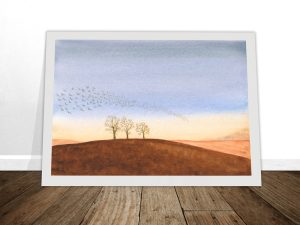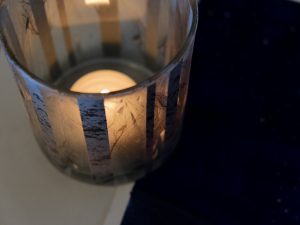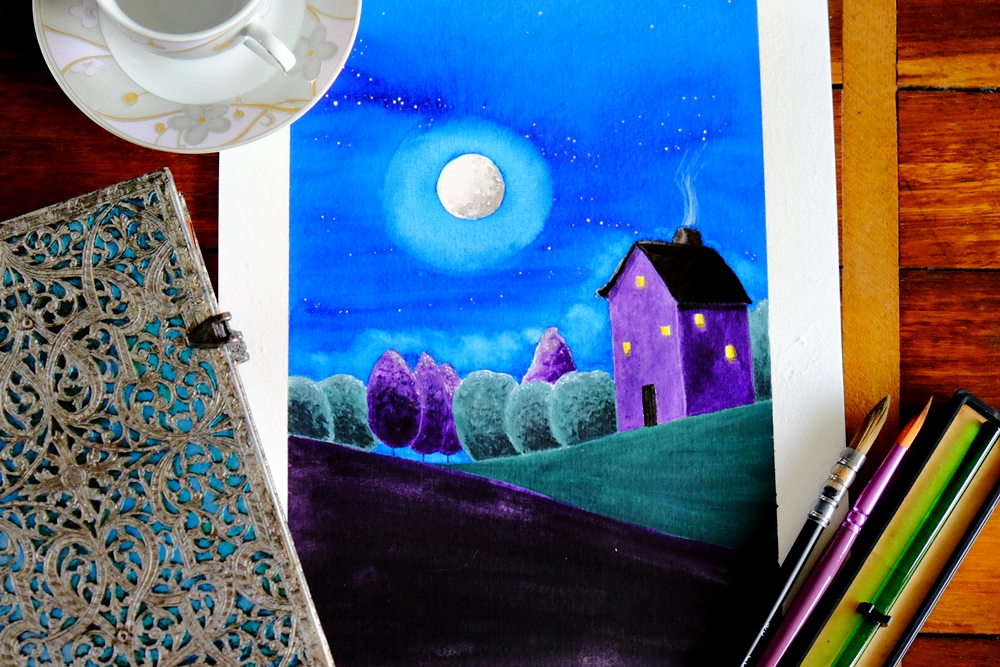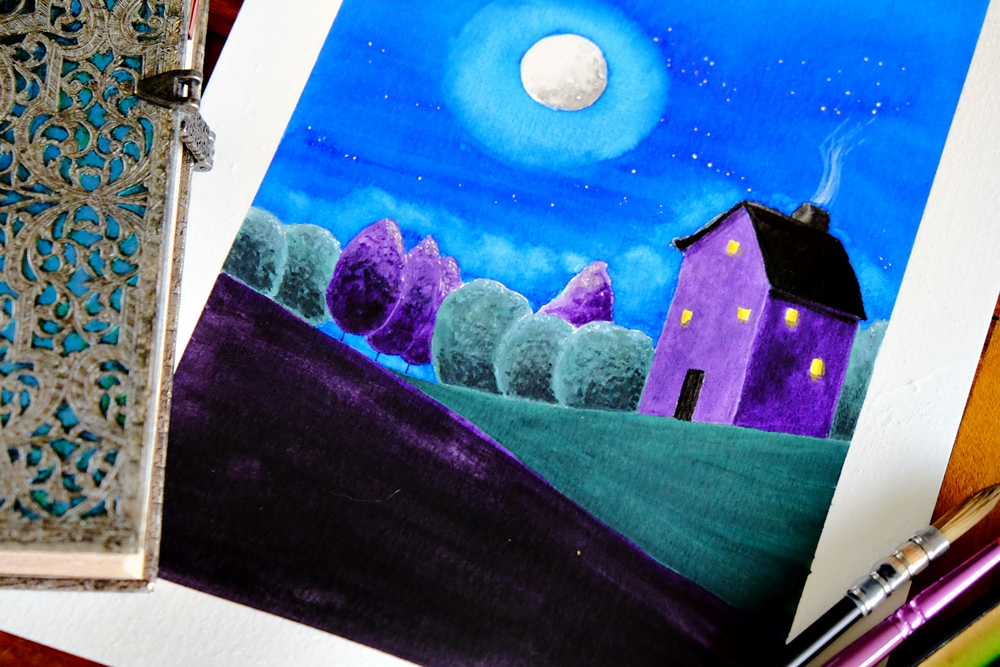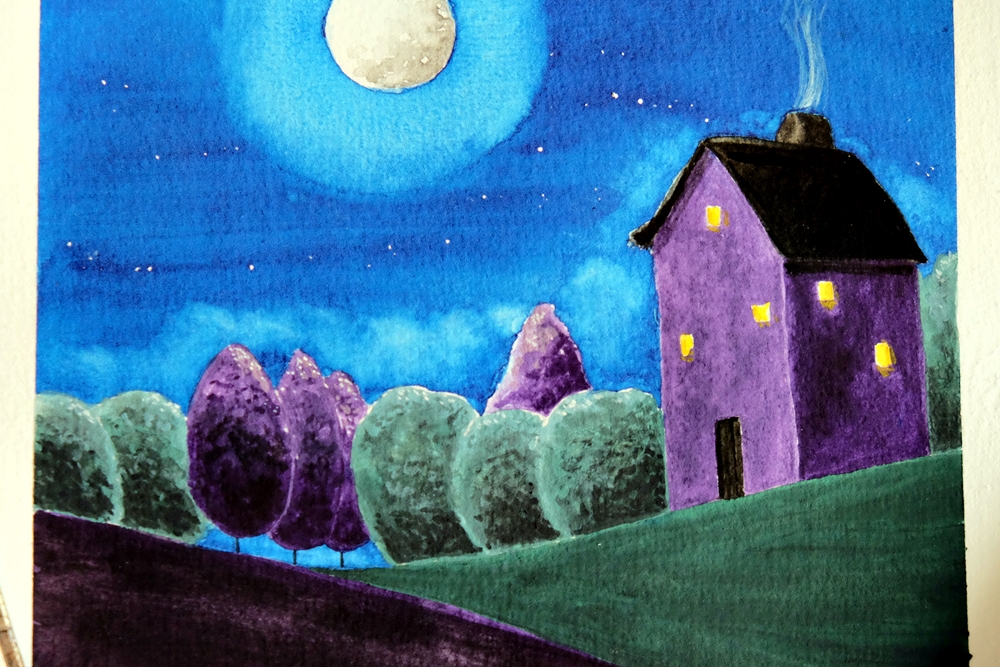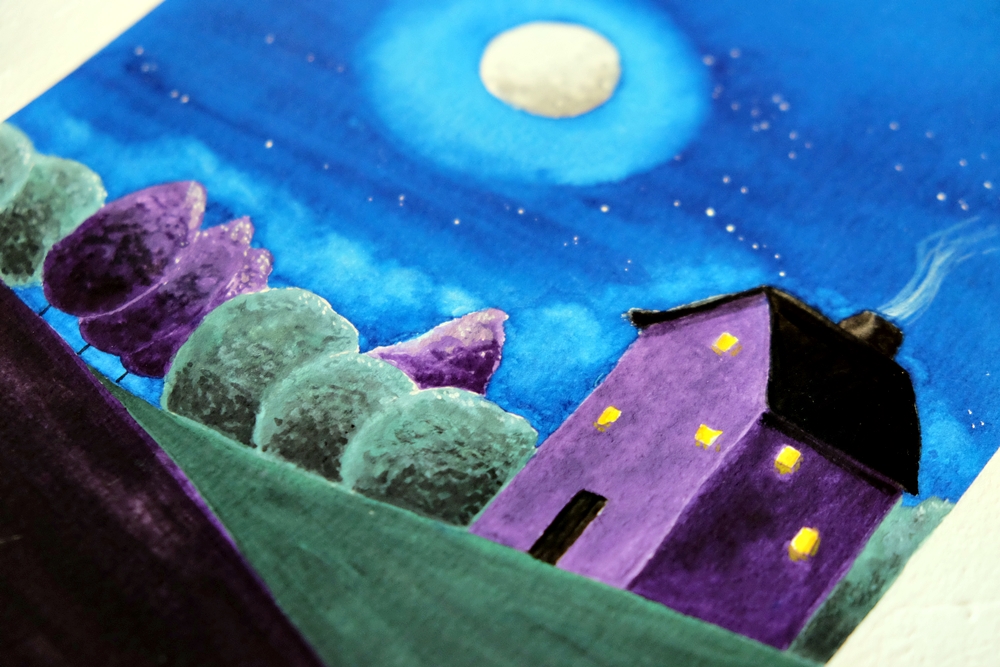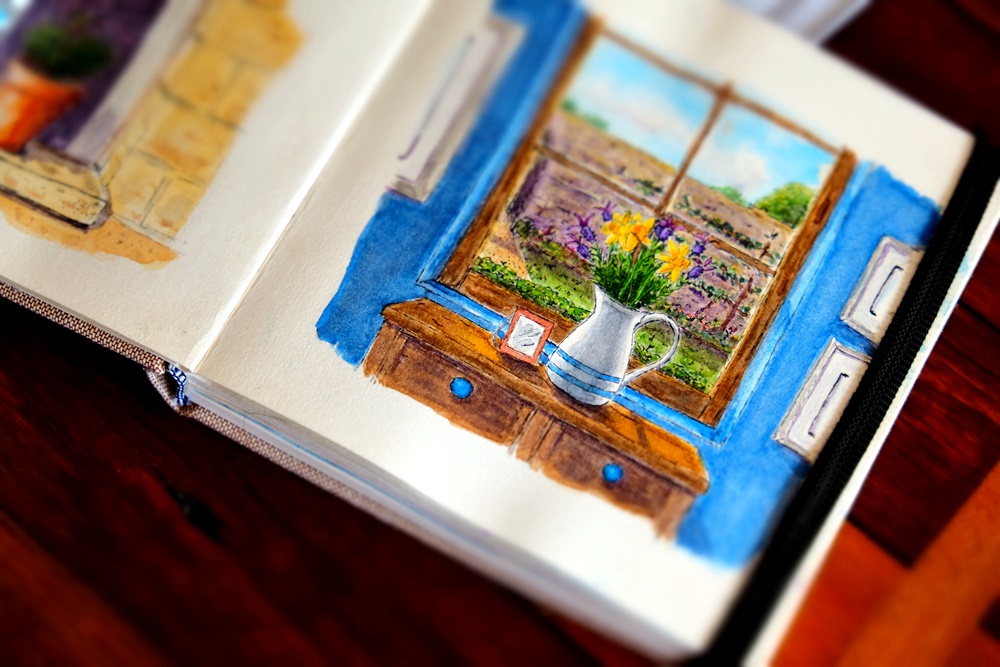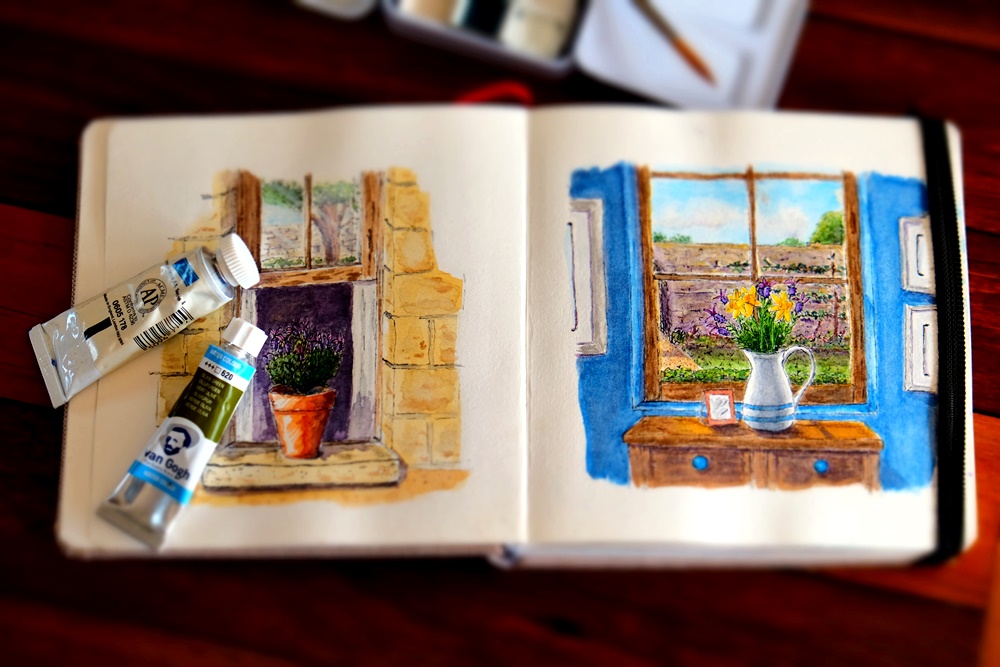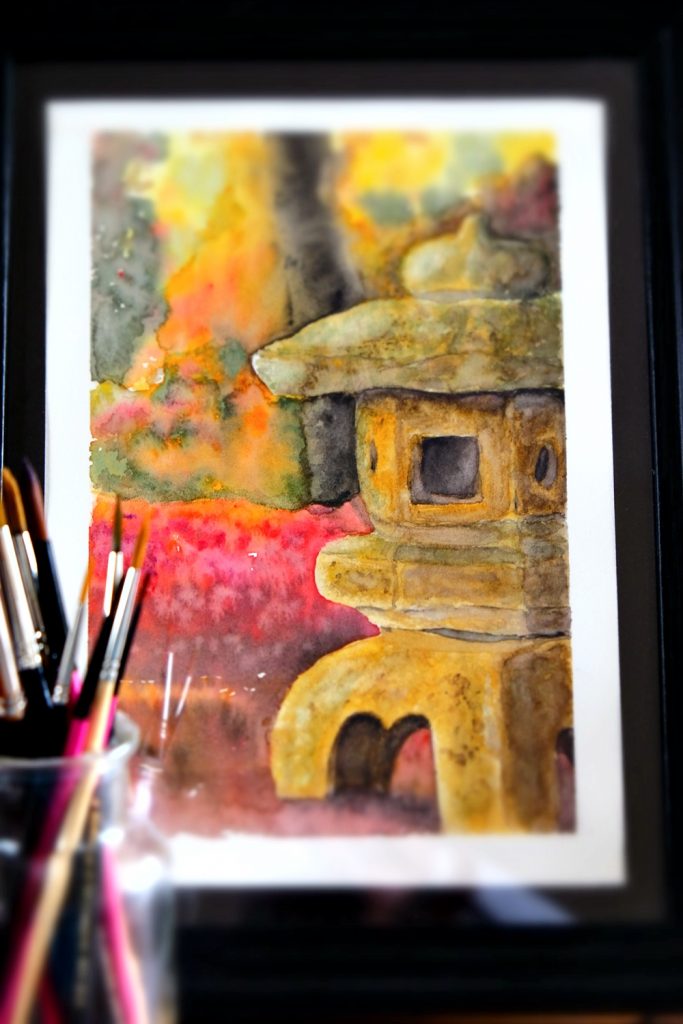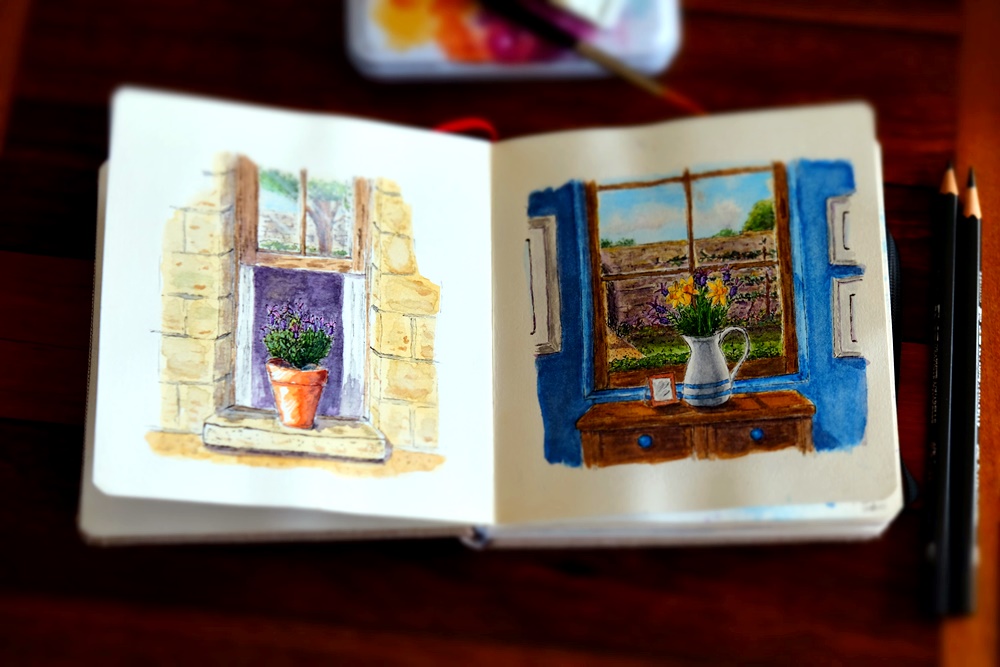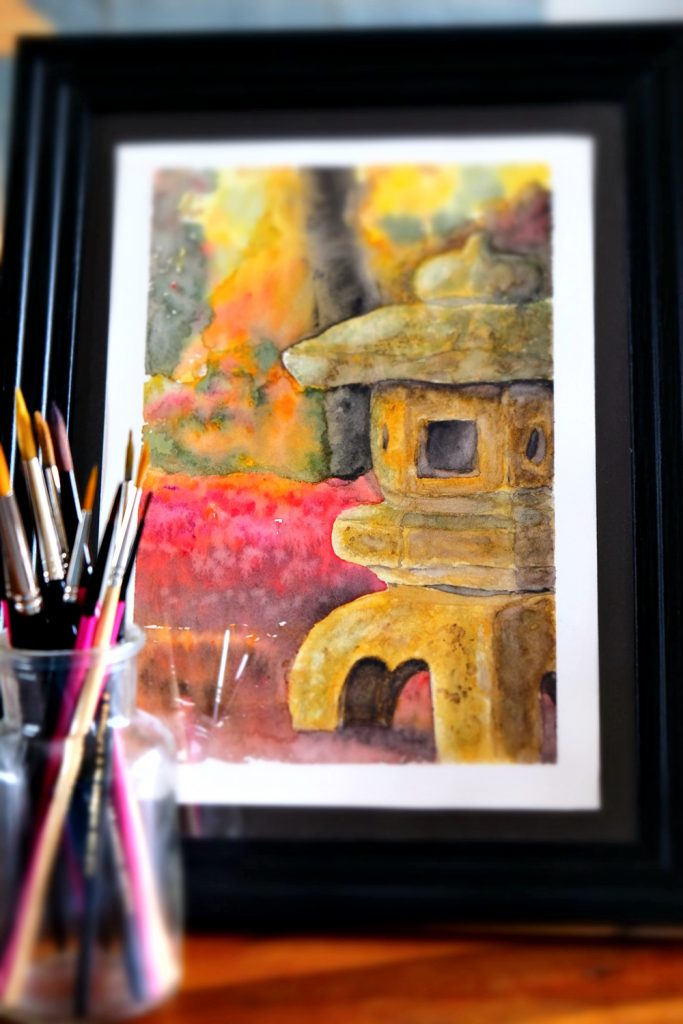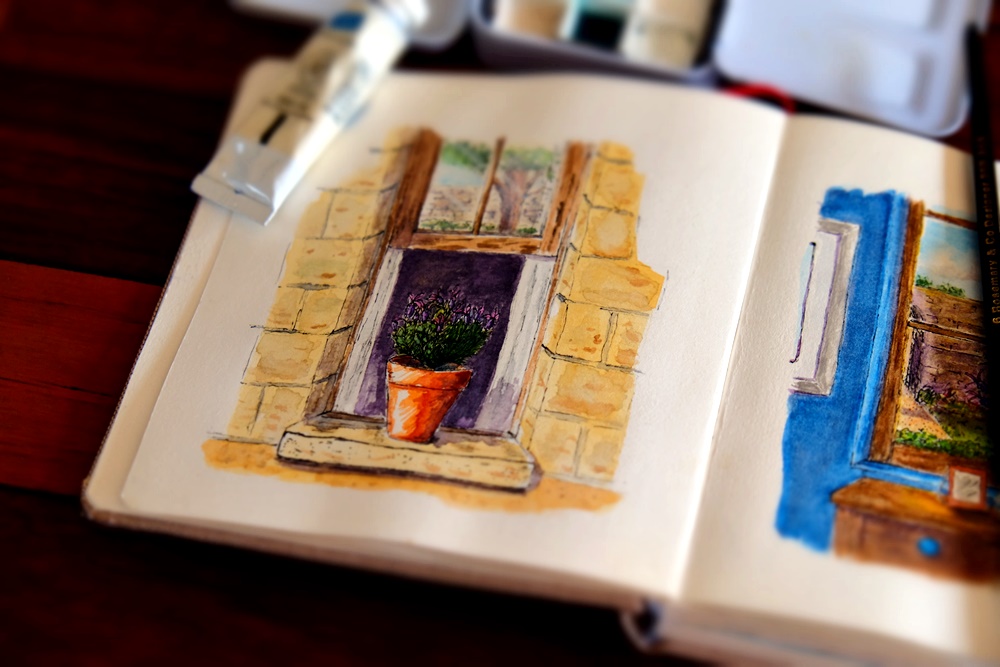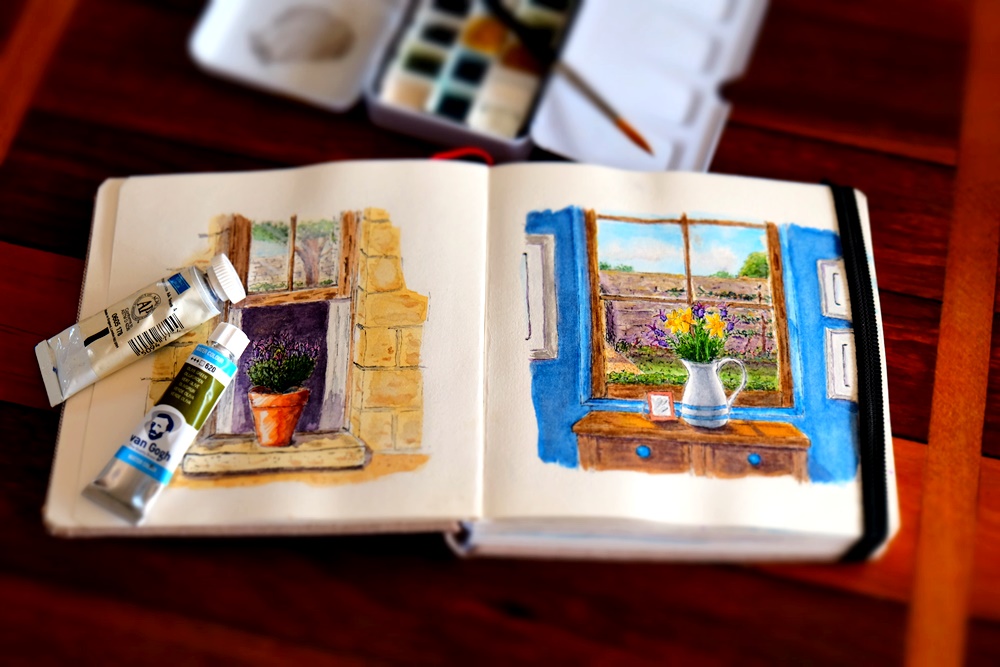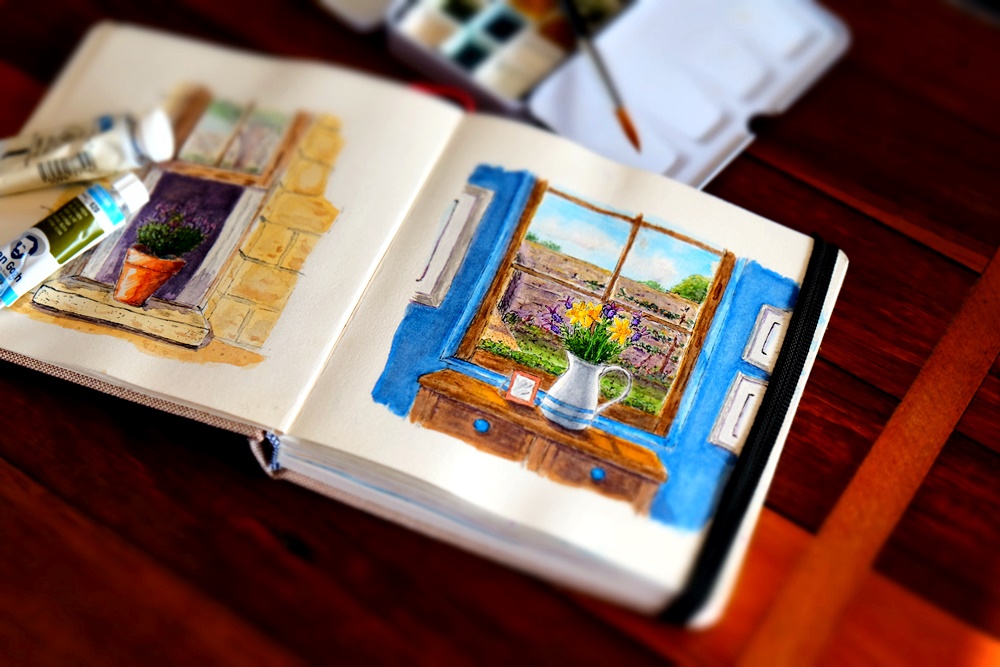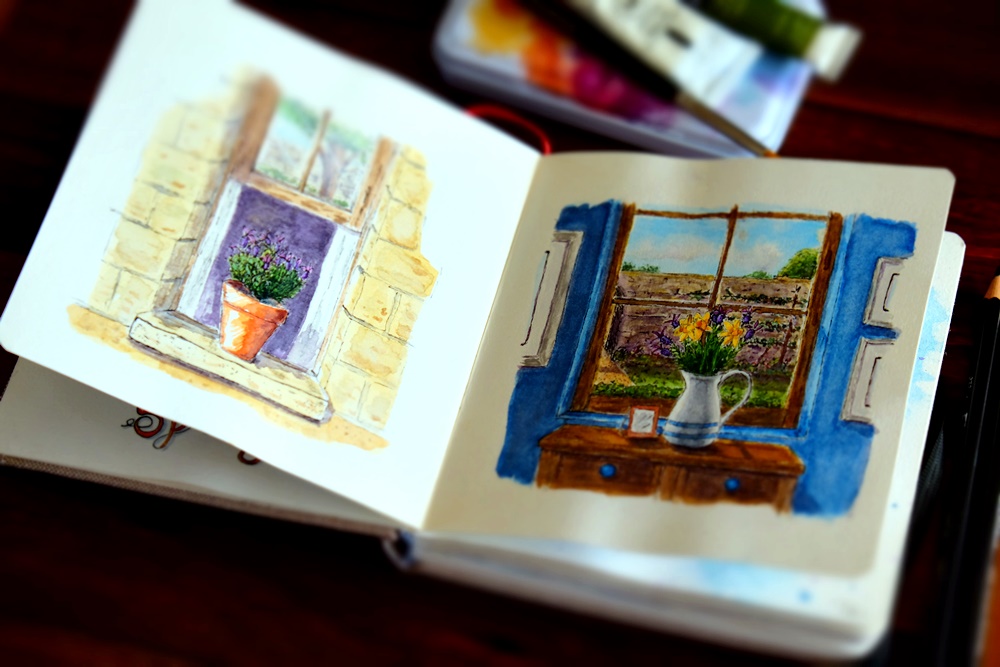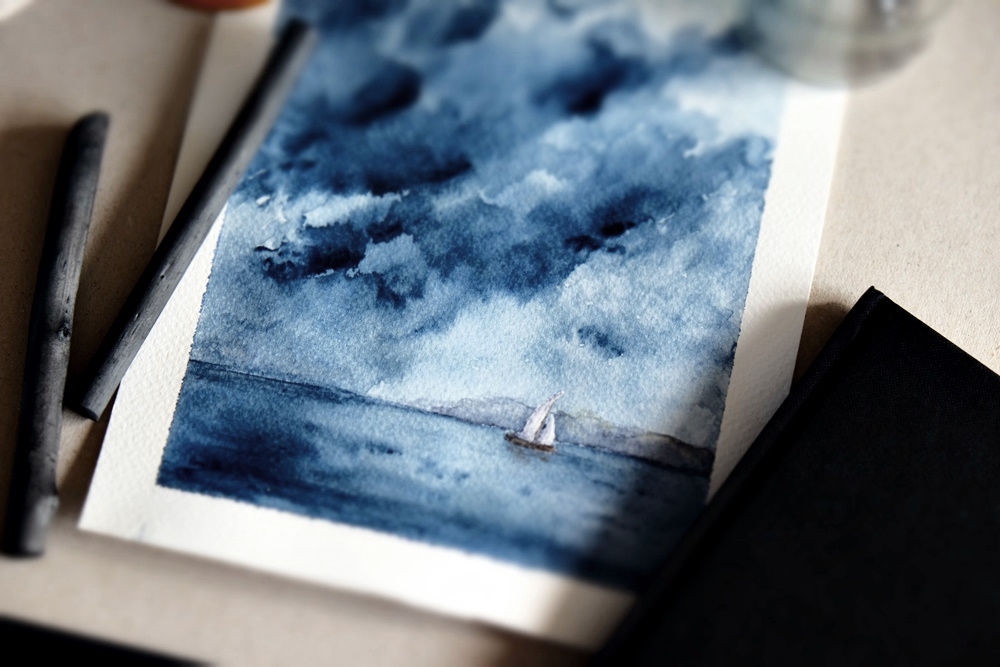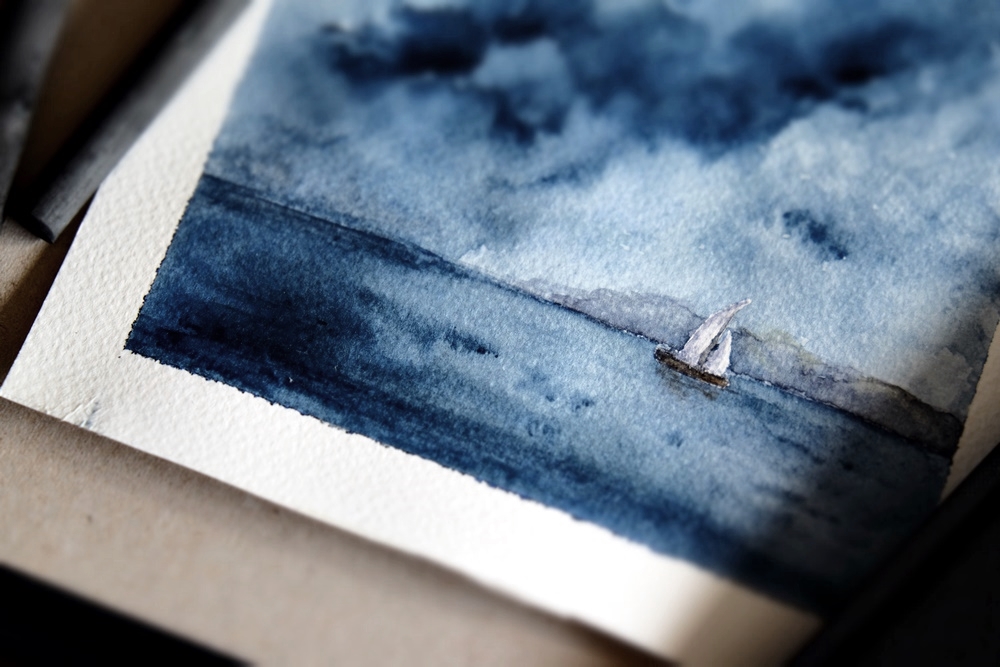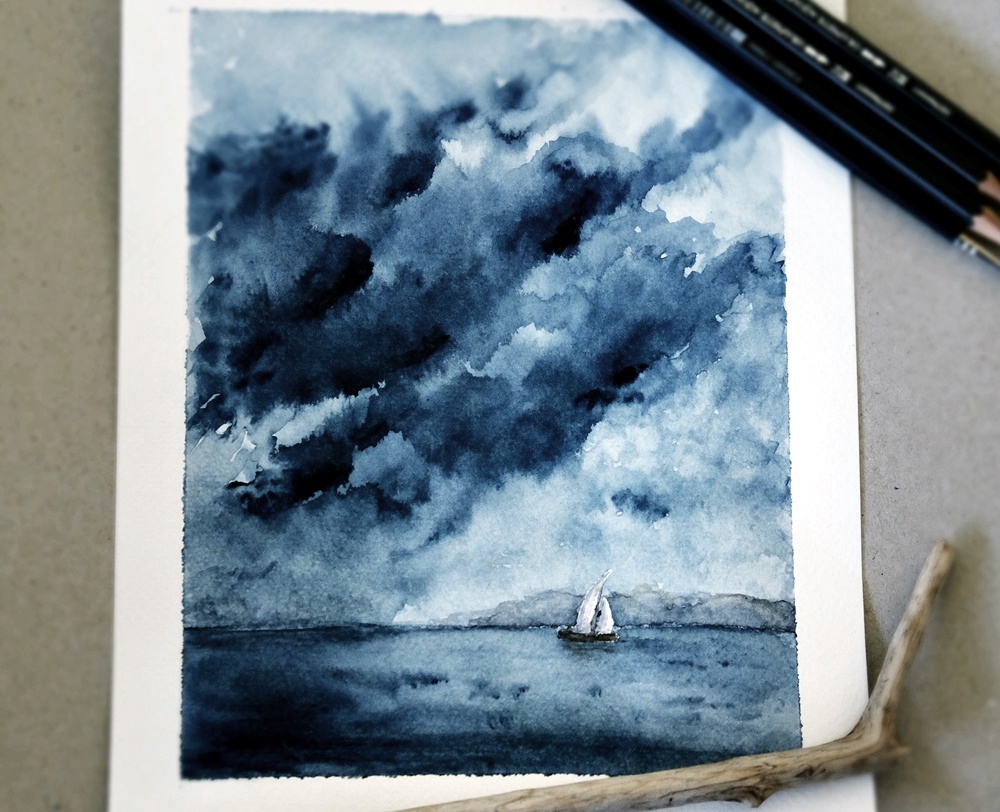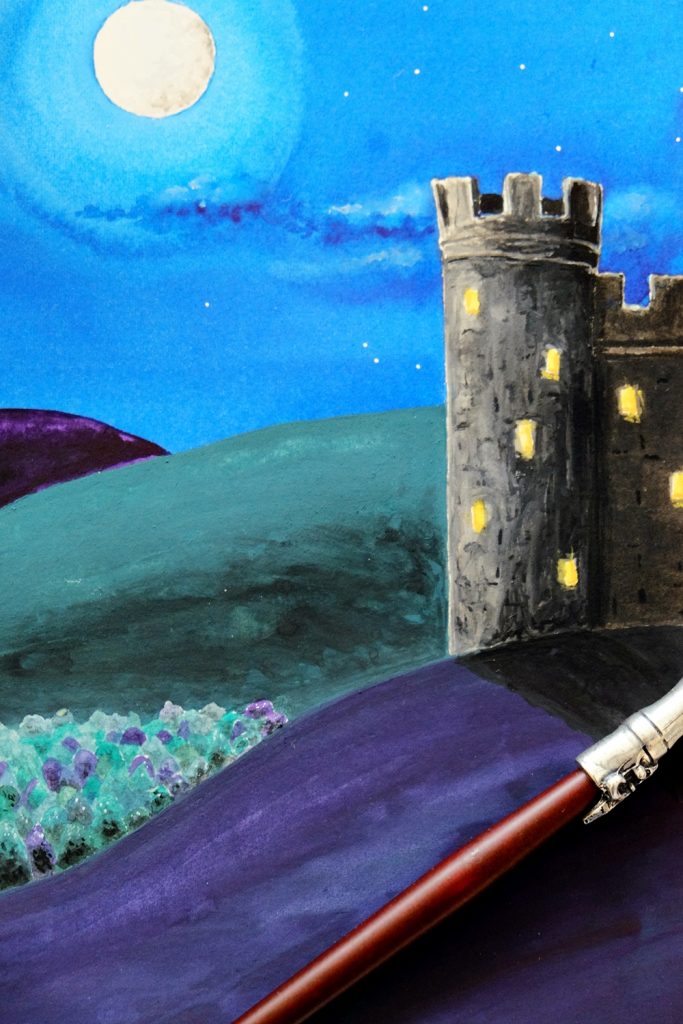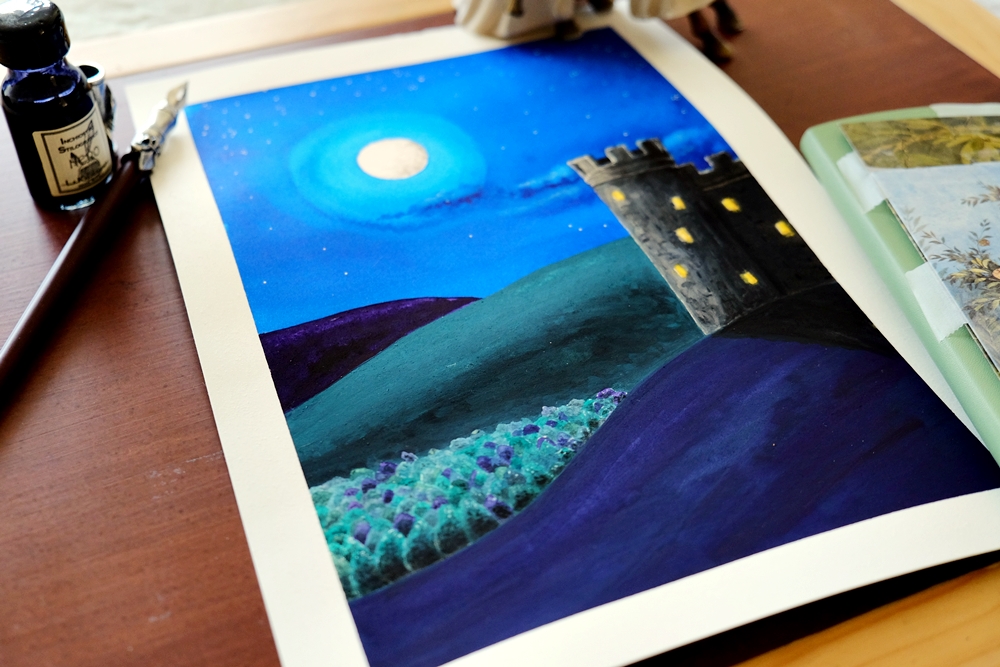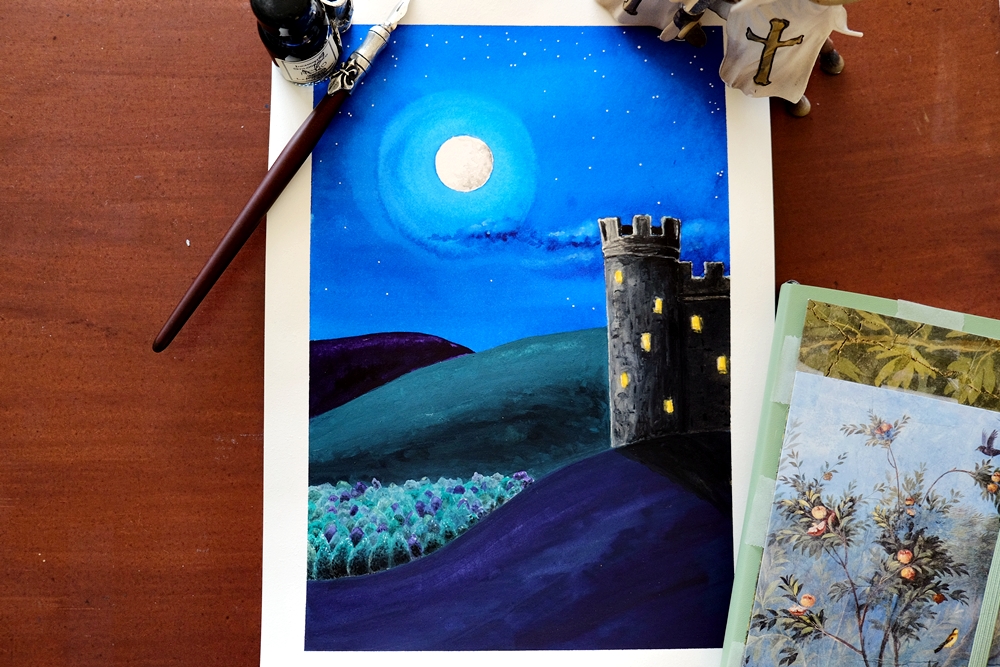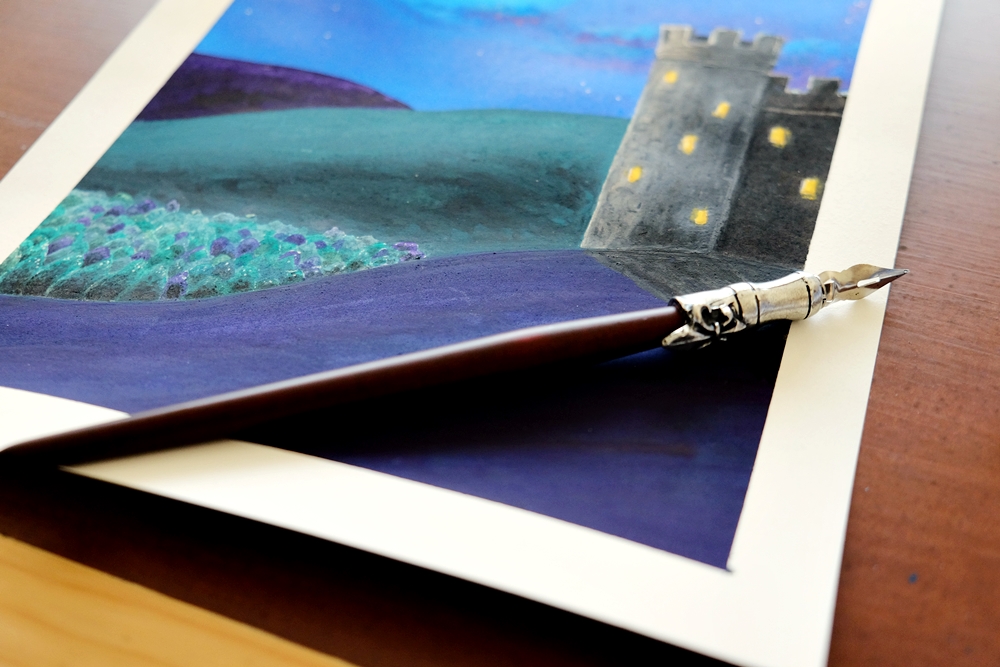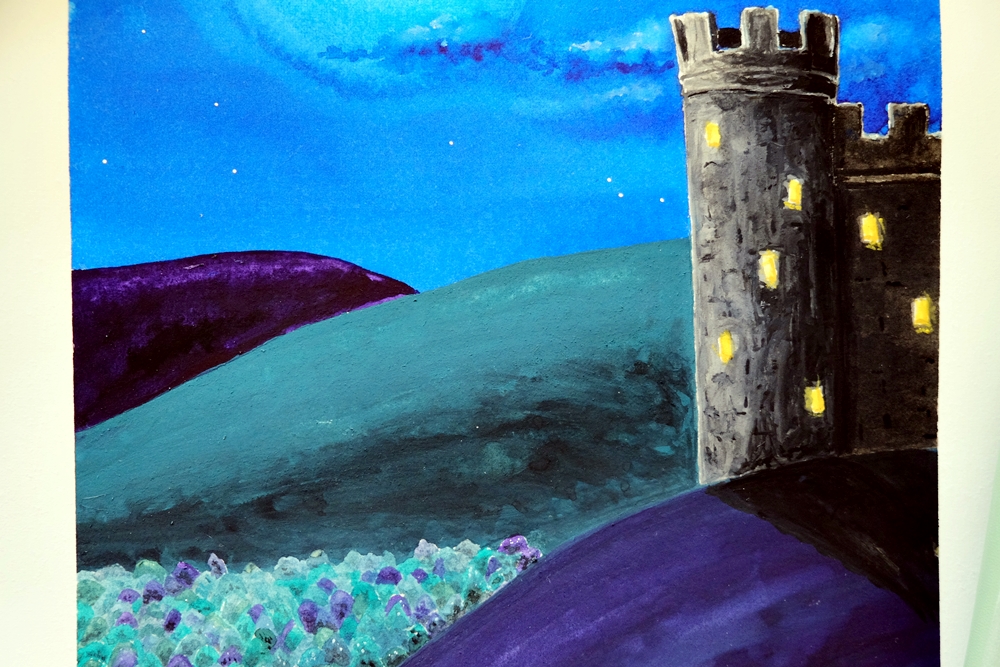The dream that completely changed writing
Many of my story ideas come from dreams that God gives me, and one night I had an especially vivid dream. In it, I saw a woman standing on top of an old crumbling turret in a kind of medieval fantasy world. The turret was all that remained of a fortress that once commanded the vast plains around it.
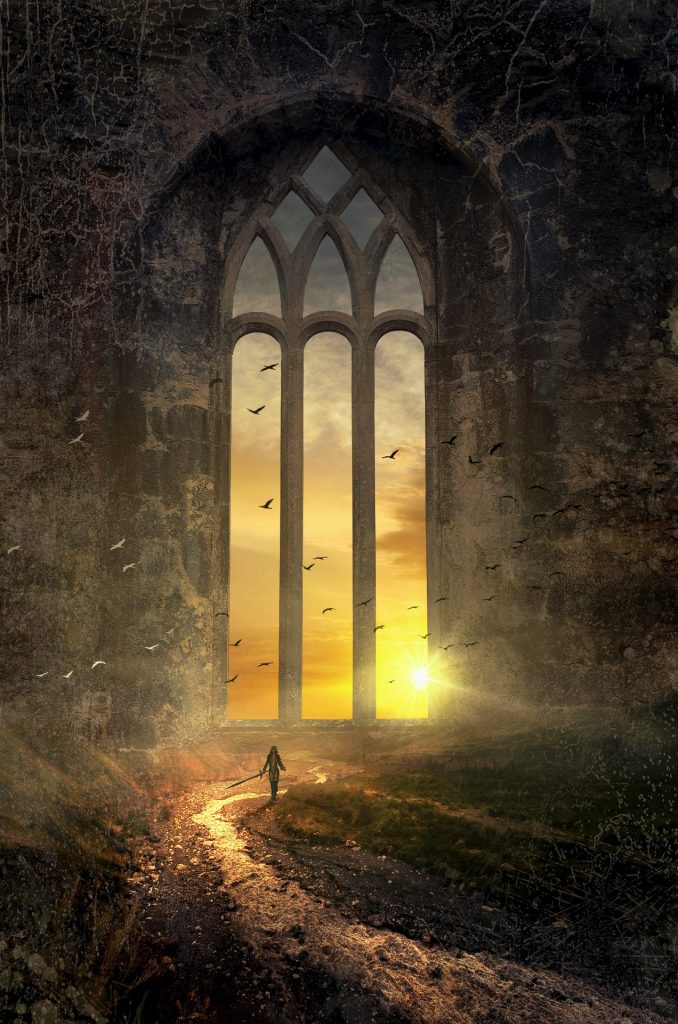
The woman could see for miles, all the way to mountains surrounding us on three sides. She was a strong, courageous woman standing atop that lone crumbling tower, her dark hair blowing in a chill spring wind. She wore the clothes of a woman used to action: black leather pants, a sword swinging at her side, and boots that had seen a lot of travel. There were others behind her, companions, waiting, listening in the shadows of the stairwell and the landing. The woman had been hidden until now, but she stood and shouted defiance to a large crowd down on the plains. That crowd included an army and a harsh-faced leader of that army who intended a kind of harm or deception to the people he was about to lead. I knew, in that fragment, who that woman was, what was significant about her, and why she was standing atop the lone tower, challenging those who gaped up at her. I knew all of her backstory, and I knew why this moment, though not the climax, was a key moment in her story.
It was a classic kind of fantasy tale. A journey. A quest. An approaching battle. A woman predestined to do her part in saving a world heading for destruction.
It could have so easily been her story. And she certainly seemed to be the main figure in it. She was central to the main arc of the plot.
I woke up, wrote down the dream and thought, “What a great story. I will write that one day.”
Once, I would have written it as her story. You would have known everything about her from the beginning, but the question would have remained: Would she fail in her mission or succeed? It’s kind of like: Would Frodo throw the ring in the fires of Mount Doom or wouldn’t he? I have four novels of that kind of storytelling enjoying a long rest in a buried file on my computer. It was the only way I knew to tell a story.
But something happened that changed that story entirely. In fact, it changed how I have written every book since: God gave me a second dream.
Months later, in my dream, I was walking down a long, feebly lit corridor. The floors were worn oaken slats, and I was doing my best to tiptoe so that I did not make a sound. Around me, the walls were painted stucco, the colour hard to determine in the light of one lantern burning at the far end of the hallway. On either side of me, there were doors leading to bedrooms – four on one side, four on the other. They were bedrooms for hire in this sparse but adequate inn. The inn itself was alive with far too many travellers cramming in to avoid the snow and darkness outside. I crept to one of the doorways and listened. There were voices inside whispering intriguing things that I was not meant to hear. One was a calm but stern woman, the other a gruff, deep-voiced man. Abruptly, the door snatched open to a small gap, and a thick arm chopped down towards me. An enormous hand gripped my throat, and a deep voice, rumbling beyond the mostly shut door, told me to go away; that I was not welcome here. I was shocked by that hand gripping my throat. The behaviour of the one who owned the hand was totally out of character. There was something in that room I was not supposed to see.

When I woke up, I immediately knew that the patch of the dream where I wandered down that hallway was intriguingly connected to the woman on the turret. The woman in the room was that woman on the tower. Yet now I was seeing the woman through another person’s eyes, hearing snippets of a mystery I (as the character) was not yet meant to know. Who the woman was, and who the man was – their story and their secrets – I did not know. I was with them somehow, and yet I was an outsider, deliberately kept that way.
And as I lay there thinking about the dream, I asked that wonderful question: “What if?”
What if you didn’t know who that woman in the room was? What if the main character was caught seeing things she should not have seen? Wouldn’t that be more intriguing than knowing all about them and simply wondering if they succeeded or not? Wouldn’t mystery be more enticing than the worry that all might not turn out well? In fact, what if you could combine both?
And so my writing took a sharp turn in a different direction. I realised something significant in that moment, something God was trying to show me: What a reader DOESN’T yet know is far more interesting to them than what they DO.
A study showed that we human beings crave answers to questions so deeply that we would rather make up an answer than admit we don’t know. Have you ever been in a car with someone else and seen an ambulance go screaming past and you ask, “I wonder what’s happened?” And the other person says, “I don’t know.” You both sit with that uncomfortable thought for a while, and it rubs against your minds like a pebble in a shoe, and then you find yourself saying, “Maybe there is a car accident.” And the other person says, “Yes, probably.” And with that total guess, and someone else’s nod of agreement, you feel satisfied? That’s because we would rather pretend we know than never know. Mysteries, unanswered questions, intrigue is just too strong a pull for us. We have to have answers, even if that answer is one we made up to stop the questions from eating our waking thoughts alive.

Think about it: What are the books that really pull you in? Worry is a powerful page-turner, but wonder, curiosity, burning questions will make the pages turn themselves. If you, as a writer, are hinting that those answers are coming by shouting out the questions, you will hook a reader so fast, they won’t realise they are hooked until it’s too late.
That second dream, that unusual angle, changed everything about my writing. I realised that the main character may not actually be the main character. The main plot may not even be the main plot. The sweeping story arc might just be a backdrop for the true story, which is the personal story of how your main character grows and changes and who he or she becomes. And what will truly turn your book into a page-turner is everything you don’t say, not everything you do.
After that, my books became about mysteries. They became about what you didn’t know, more than what you did. It was about those who were left out of the loop, more than those who were in it. And my new style was born.
The person creeping down the hallway became Shenna of Bloodline: Alliance. Once I knew who she was, the story was never the same. She became a heroine with a story all her own. All else was secondary. She was the story, and without her, the books would not have worked. Those of you who have read my book Bloodline: Alliance will know what scenes I am talking about. Those of you who haven’t, well, you will just have to wait and see…
______________________



